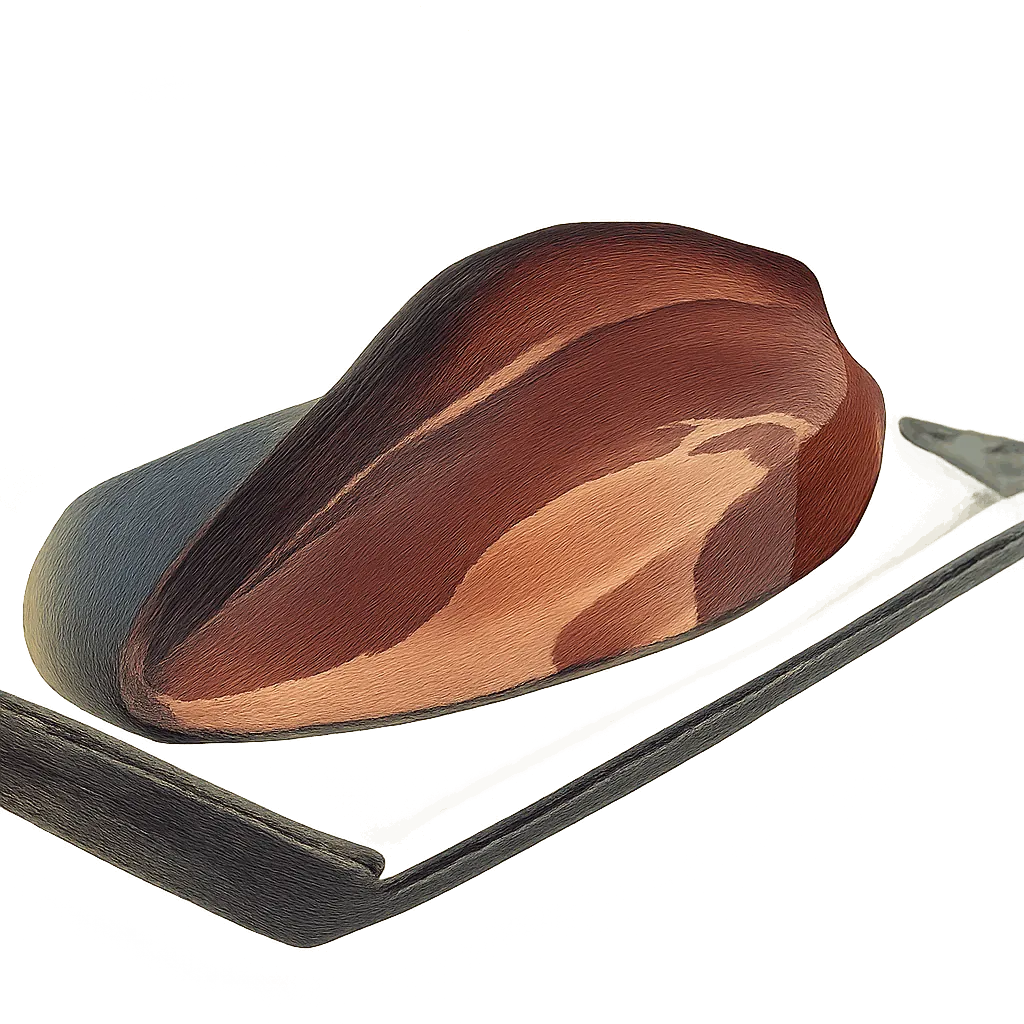Perfect Pairings & Recipes for
Chestnut Flour

Exquisite chestnut flour flavour pairings and recipes, revealed through data science.
Nutty aroma and caramel notes are at the forefront of chestnut flour's flavour profile, but identifying its perfect partner requires exploring its subtle nuances. We must examine the complex interplay of notes within its bouquet, like malt, starch, and hints of honey. We need to understand how these notes interact and the complementary flavours they harmonise with.
Flavour Profile Of Chestnut Flour Across 150 Dimensions Of Flavour
Disagree with any of the scores? Click on the wheel to edit the underlying flavour profile. Your contributions help us develop the most accurate flavour profiles possible, increasing the quality of our analysis.
Flavour Pairing Method
To trace the mathematics of flavour, we studied more than 50,000 ingredient pairings. We broke down each ingredient into its constituent flavour notes. Then we identified which flavour notes repeatedly appear together across these pairings, revealing the underlying associations that make ingredients harmonise.
The Flavours That Harmonise With Chestnut Notes
Strength of Association Between Flavours
The flavours most associated with chestnut notes are: Dried Porcini, Parsnip, Sage, Banana, Pineapple, Mossy, Rosemary, Squash, Petrichor, Chanterelle.
Flavour Profile Of Chestnut Flour And Its Complementary Flavour Notes
Disagree with any of the scores? Click on the wheel to edit the underlying flavour profile. Your contributions help us develop the most accurate flavour profiles possible, increasing the quality of our analysis.
What To Drink With Chestnut Flour
How Flavonomics Works
We've pioneered a unique, data-driven approach to decode the intricate art of flavour pairing. Our goal is to move beyond intuition and uncover the science of why certain ingredients harmonise beautifully. This rigorous methodology allows us to provide you with insightful and reliable pairing recommendations.
Our analysis begins with over 50,000 carefully selected recipes from acclaimed chefs like Galton Blackiston, Marcello Tully, and Pierre Lambinon. This premium dataset ensures our model distils genuine culinary excellence and creativity.
Each ingredient from these recipes is deconstructed across 150 distinct flavour dimensions, creating a unique numerical "flavour fingerprint." This quantification allows us to apply advanced analytical methods to identify complex patterns between flavour notes.
We identify popular ingredient combinations that frequently appear in our recipe database. Regression analysis is then performed on these pairings to statistically validate and pinpoint truly harmonious flavours.
These insights drive our predictive model, which allows us to take any ingredient (e.g., Chestnut flour), analyse its detailed flavour profile, and accurately reveal its complementary flavours and perfect ingredient partners.
Explore More
Discover more ingredient profiles and expand your culinary knowledge. Each ingredient page offers detailed analysis of flavour profiles, pairing insights, and culinary applications.
The information presented here is generated by our automated analytical pipelines. When an ingredient's flavour profile is updated, the analysis is updated automatically.


